Natural remedies for high blood pressure
By naturopath Margaret Jasinska
Persistently high blood pressure is a common problem and is called hypertension. This means high pressure inside the arteries. High blood pressure can be called “the silent killer,” as it slowly and insidiously damages the walls of the blood vessels as well as internal organs. The organs most vulnerable to damage are the heart, brain and kidneys. Unfortunately many people underestimate the damage that high blood pressure can cause; for example they have an aversion to taking their medication, forget to take their medication, or never get their blood pressure checked, thus aren’t aware of the problem.
There are two types of hypertension
- Essential hypertension is the most common type and refers to high blood pressure with no significant underlying specific cause. In most cases the cause is insulin resistance.
- Secondary hypertension refers to high blood pressure being a result of another condition, for example kidney disease.
How is blood pressure measured?
Normal blood pressure should be less than 140/90, but it is normal that your blood pressure increases with age. Blood pressure readings will change given one’s age, exercise status and whether you are standing or sitting. Your health care practitioner will measure your blood pressure using a blood pressure cuff placed on your upper arm. If a BP reading is high, many doctors will measure it on both arms and also in the sitting and standing position.
- Systolic blood pressure – systolic pressure is the top number of your measurement and represents the maximum pressure in the arteries when the heart contracts and pumps blood out into the arteries.
- Diastolic blood pressure – diastolic pressure is the bottom number of your measurement and represents the minimum pressure in the arteries between contractions when the heart relaxes to fill with blood.
What causes high blood pressure?
Most cases of high blood pressure are caused by hardening and/or blockage of the arteries, increased tension in the muscular walls of the arteries, and increased fluid volume in the arteries. These diseased blood vessels become narrowed and inflexible, and thus the heart must exert more pressure to pump the blood through the blood vessels. Hardened blood vessels are less elastic and do not dilate properly which increases the pressure inside them.
Other possible causes may include; kidney disease and stress/anxiety which can cause an imbalance in the autonomic nervous system via excess production of adrenalin. There may be a family history of high blood pressure, or diabetes or insulin resistance. Blood pressure most commonly occurs during middle age and is more common in overweight people.
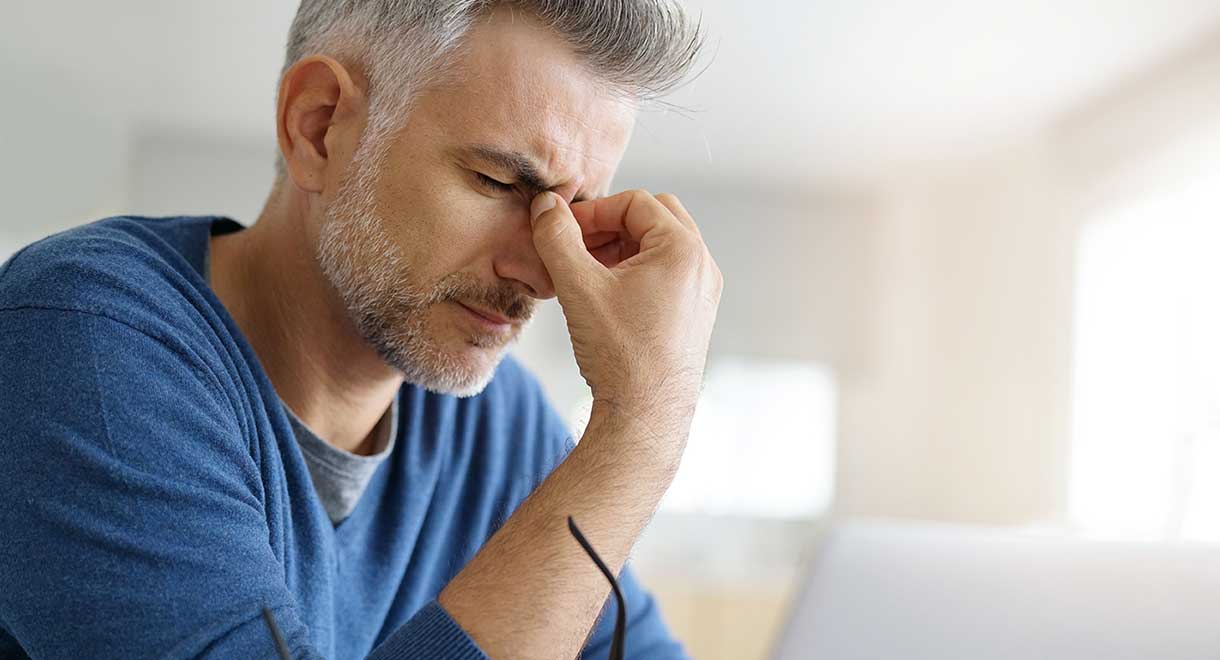
Symptoms of high blood pressure
It is important to have your blood pressure checked regularly, as elevated blood pressure often does not produce any symptoms. Possible symptoms of high blood pressure include:
- Headaches
- Dizziness
- Poor concentration
- Fatigue
- Poor vision
- Ringing in the ears
- Cramps in the legs
- Chest pains
- Palpitations
- Shortness of breath
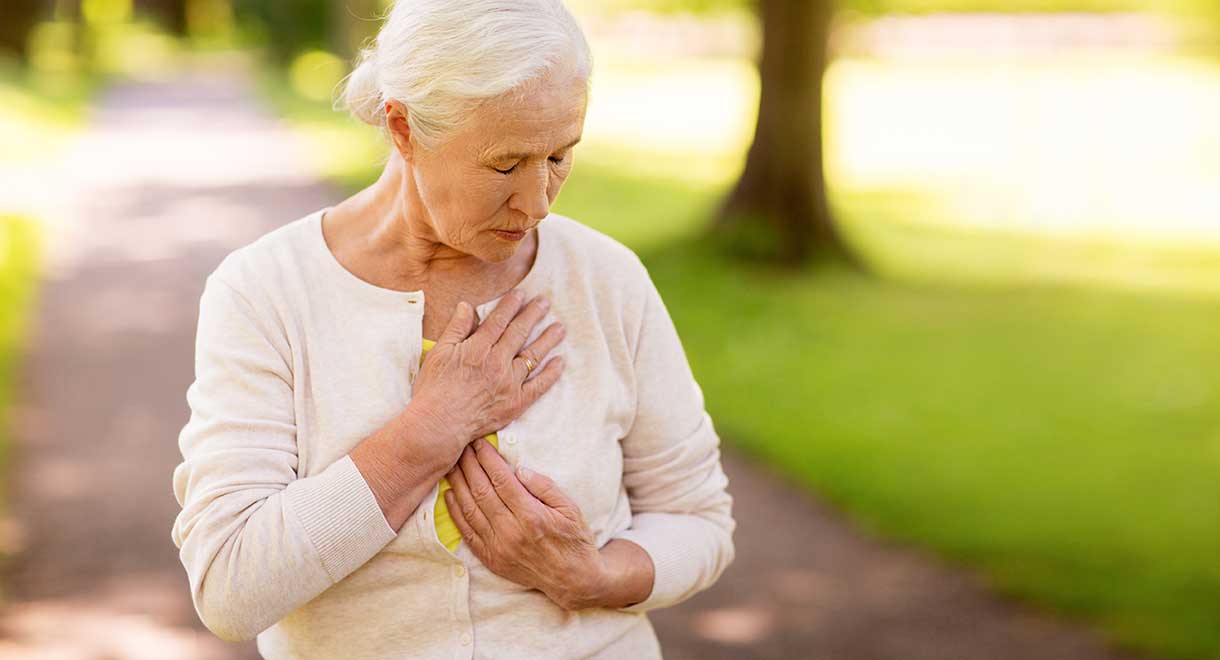
Possible complications of persistent high blood pressure
Elevated blood pressure can be extremely dangerous and if poorly controlled results in an increased risk of –
- Heart attacks
- Strokes
- Kidney disease
- Blindness
It is very sad that many patients with high blood pressure are unaware of the dangers of their condition.
ACE inhibitors are commonly prescribed for high blood pressure
The name stands for Angiotensin Converting Enzyme inhibitors. They are prescribed to people with high blood pressure, and often given to diabetics who only have mildly elevated blood pressure, in an effort to protect their kidneys from harm. (High blood sugar and high blood pressure can both damage the kidneys). New research published in the medical journal called PLOS One has shown these drugs themselves may actually harm the kidneys.
Data from the UK has shown a clear association between the increase in prescriptions for ACE inhibitors and the increase in hospital admissions for acute kidney injury. The researchers estimate that one in seven cases of acute kidney injury could be due to increased prescription of these drugs. Please do not discontinue taking medication without your doctor’s approval. Ask your doctor for a blood test to check your kidney function, and do this every six months. There are alternative blood pressure drugs if you are concerned about your kidneys.
Natural therapies can be used alongside blood pressure medication in most cases, but please check with your doctor.
Natural therapies
Natural therapies can reduce high blood pressure and those recommended are –
- Magnesium
Magnesium relaxes the smooth muscle in the artery walls and this is highly beneficial, as it opens up the arteries, improving blood flow to organs. Magnesium can also reduce spasm of the coronary arteries. Foods high in magnesium include green leafy vegetables, nuts, seeds and muscle meat. - A low carbohydrate diet
This should include regular protein, fat and vegetables – this will reduce insulin levels, which in turn reduces high blood pressure. Of course a low carb diet is also the best way to lose weight, especially from the abdomen.
For an easy and very effective low carb eating plan see the book – I Can’t Lose Weight and I don’t know why. It is effective for people with a fatty liver, high blood glucose, elevated insulin & insulin resistance, abdominal weight gain, blood lipid problems and cravings for carbohydrates. - Essential Fatty Acids (EFAs)
EFAs help to lower blood pressure as well as cholesterol– good sources include, oily fish, grass fed meat and omega 3 eggs. - Herbs
Garlic, red onions, ginger and citrus bioflavonoids. - Stress management and adequate sleep
Your diet may be very good but if you’re stressed and not sleeping enough, you can have high blood pressure, insulin resistance and suffer with a much higher risk of serious health problems. - Exercise
Having an efficient heart and lungs means blood pressure will be lower during the day and night. Having more muscle on your body will reduce the risk of insulin resistance. Exercise is also really good for your head, helping with stress management.




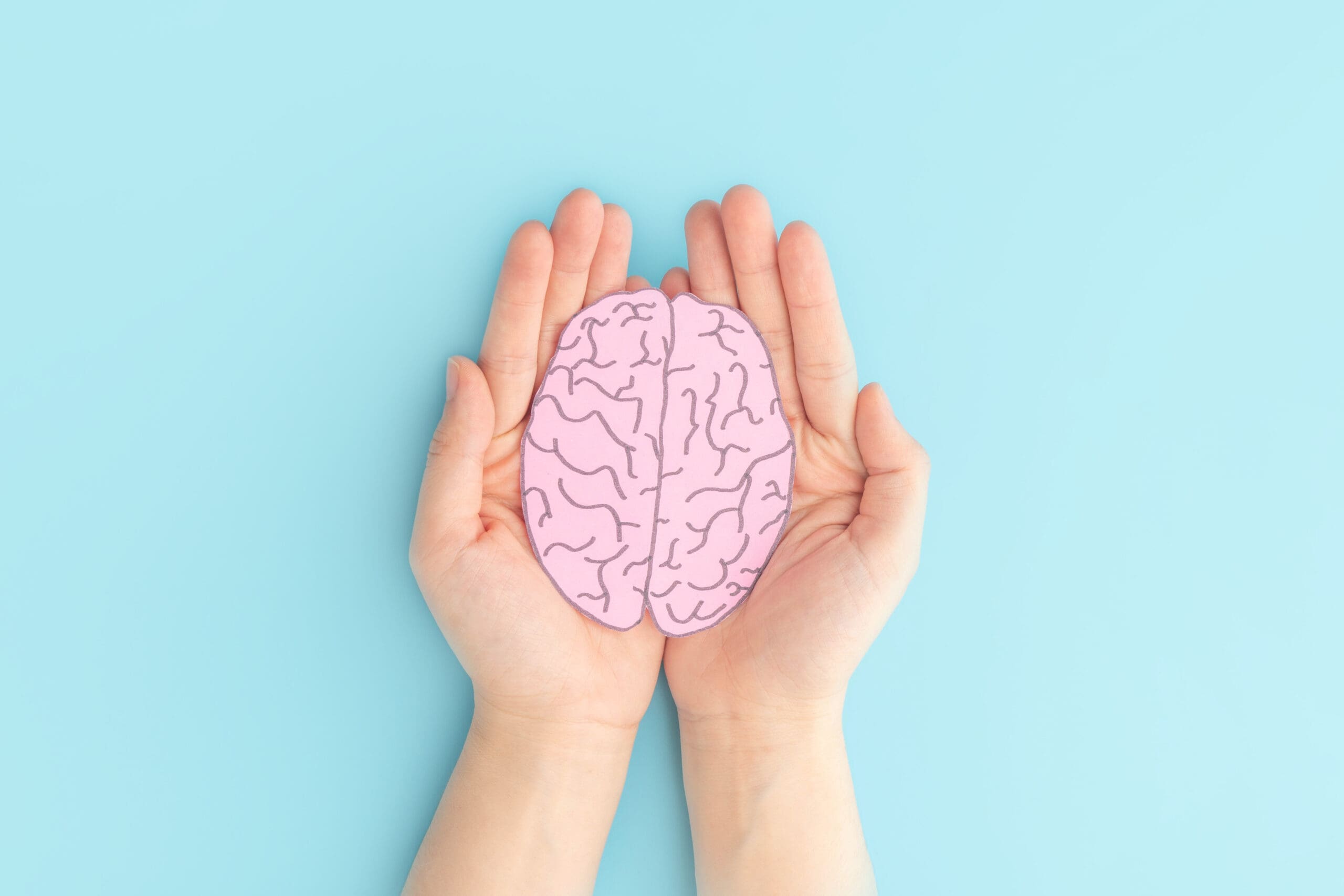
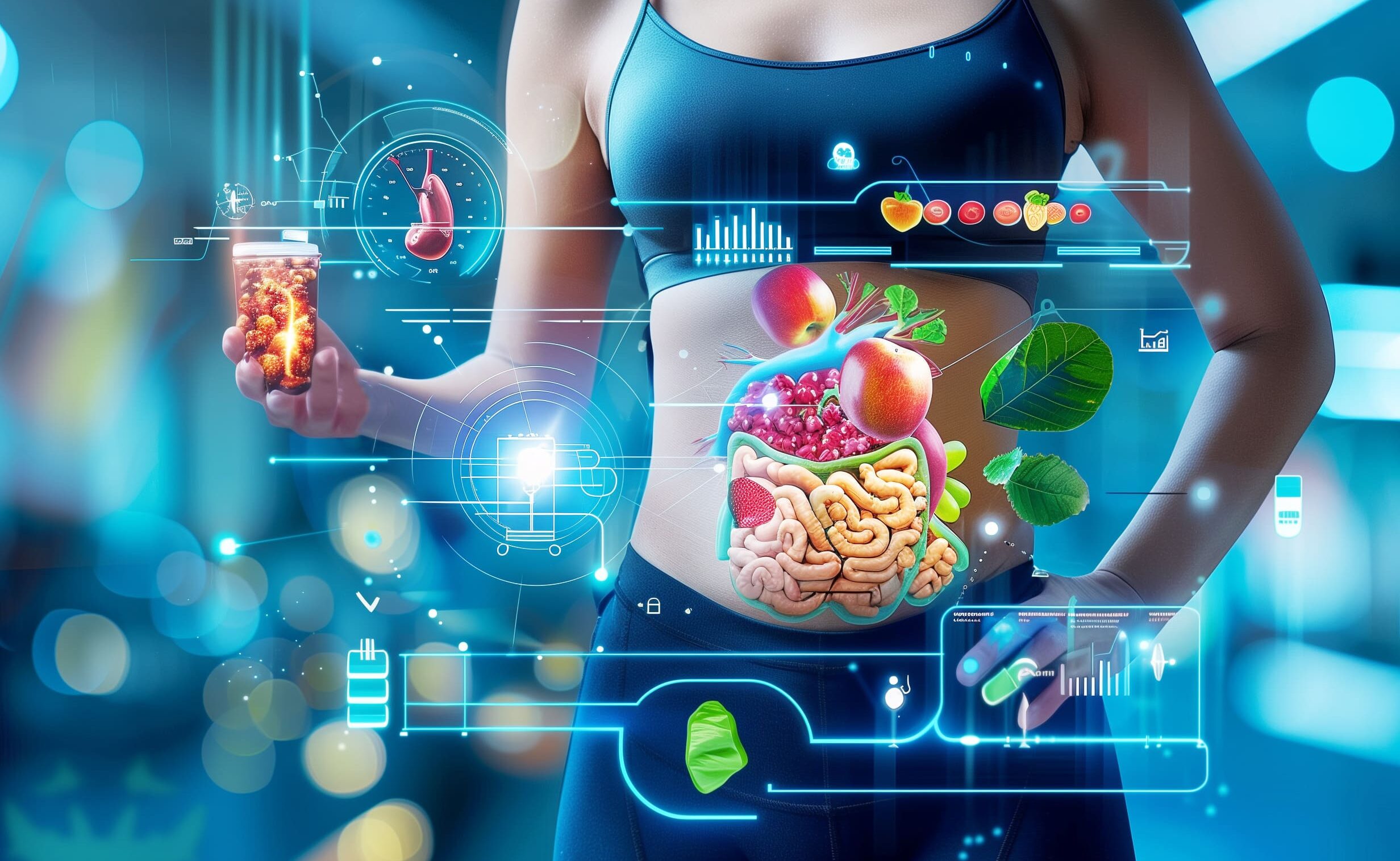
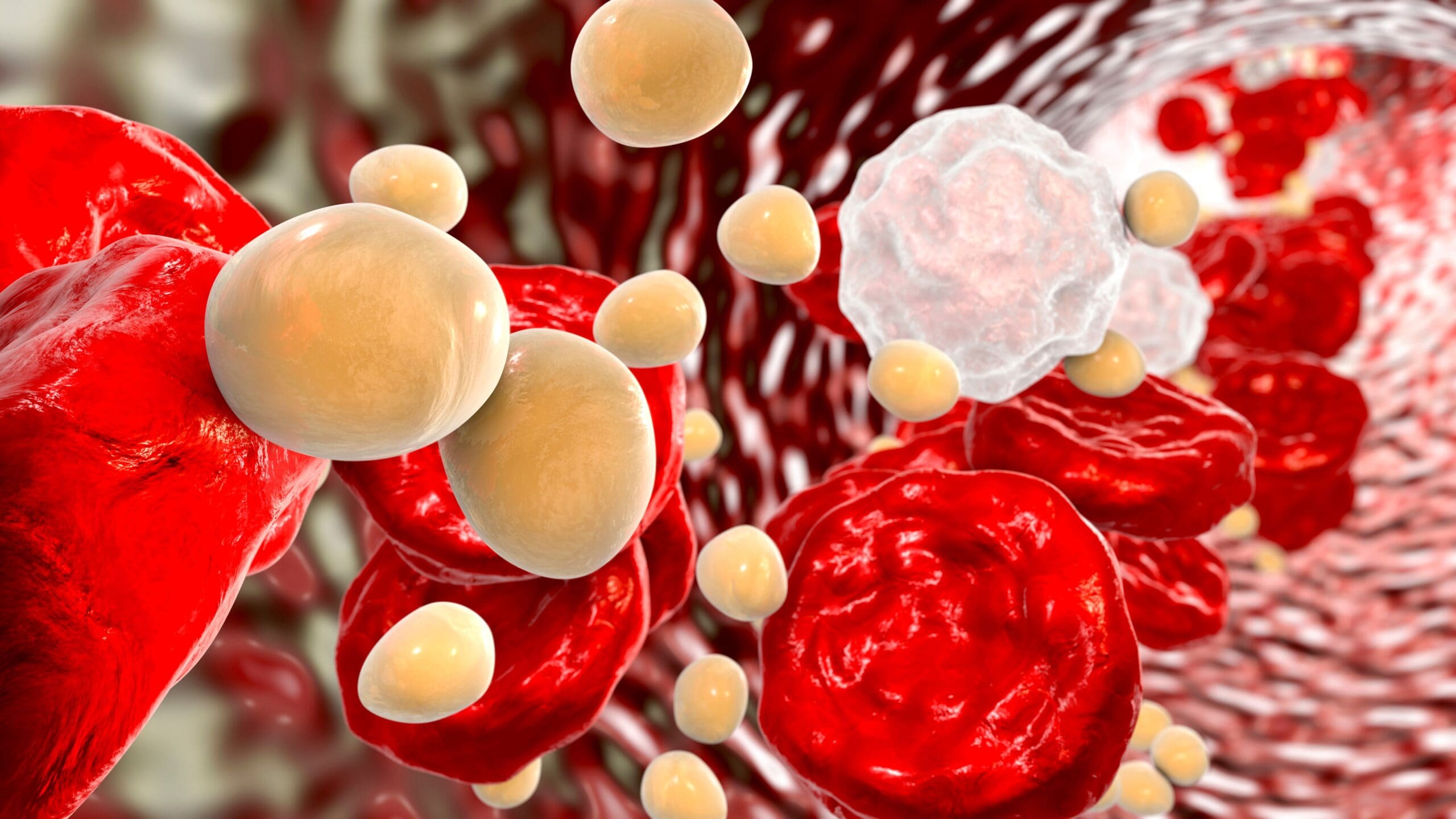
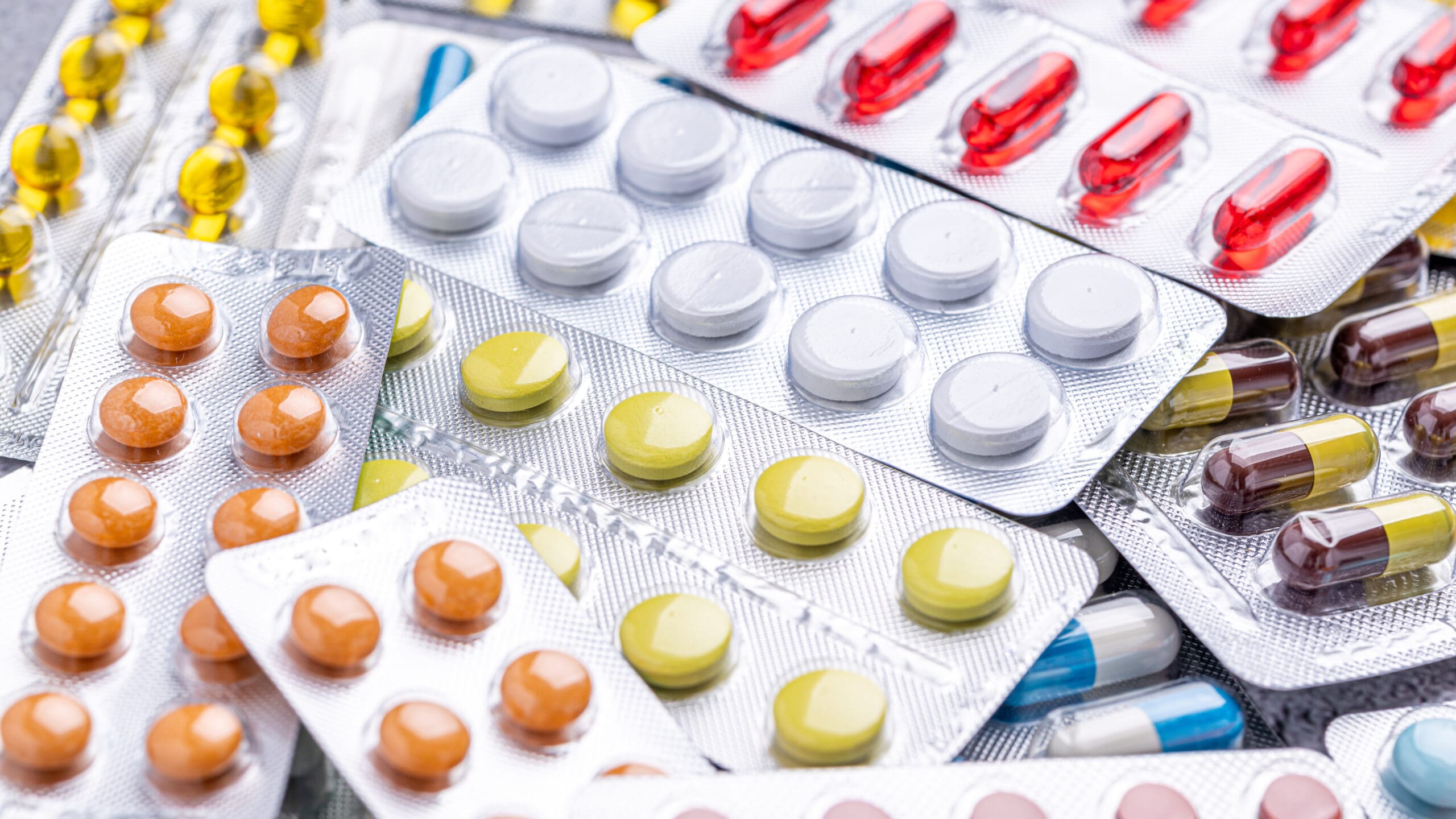
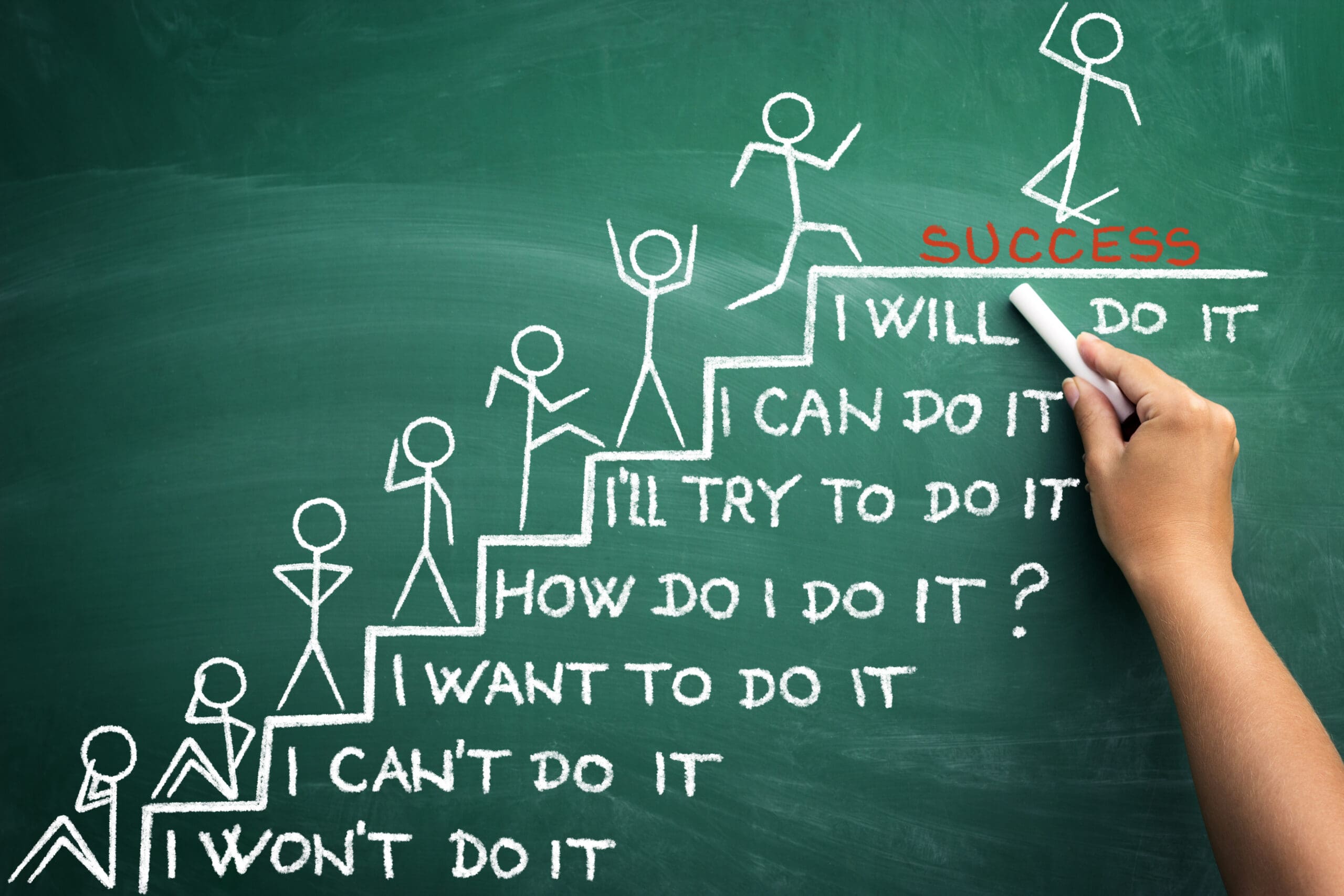
in your soups etc does it matter how much garlic /ginger is added ( is to much bad for the liver)
Hi Julie,
You can use as much as you like
Kind regards,
Louise
Thank you, the information on blood pressure was very helpful.
You are most welcome Roslyn!
All the best,
Louise
The best description of Blood Pressure I have ever read and what you can do to reduce it. Thank you so much for helping to educate us all.
Thank you for your lovely comment Cheryl
We are so glad you found this article useful!
I have high blood pressure and over years have discovered that most medications that I have tried have had really bad side effects that become intolerable. Still looking with my GP for something that works that doesn’t make life unbearable. Do use all the natural methods recommended and while they help my BP is still too high. Maybe one day they will come up with the magic bullet.
Hi,
I have just discovered after having my blood pressure done a week ago that my blood pressure is quite high….I have always had normal blood pressure so it was a bit of a shock to find this out.
My GP described OLMERTAN 20mg once at night….I am 70 years old and have had a hip replacement 4 years ago and my other hip is playing up now.
I must admit there has been alot of stress in my life the last 4 years, plus last November 2023 I was in a bad car accident which left me with severe bruising in the lining of my chest wall in my sternum…the healing took weeks.
Could all this drama have had effect on my blood pressure?….I do have a full blood count test done twice yearly….Do you suggest me taking magnesium? (What brand?) and Vitamin B12 (again what brand?)
Thank you for your time to read my query and would appreciate your views.
Regards,
Loren
Hi Loren,
Thank you for reaching out.
Yes, certainly all those stressors could have had an impact on your blood pressure.
It is very important to work on reducing stress. You may find this article helpful: https://www.cabothealth.com.au/minimise-stress-smile-self-care-tips/
Magnesium is excellent for relaxing the nervous system and we sell an excellent one: https://shop.cabothealth.com.au/magnesium-ultra-potent-powder-citrus-200g
Medlab sells an activated B12 in spray form that is well absorbed.
If you carry weight around the middle, it’s very important to work on losing this so as to naturally lower blood pressure.
Kind regards,
Jessah Shaw
Nutritionist